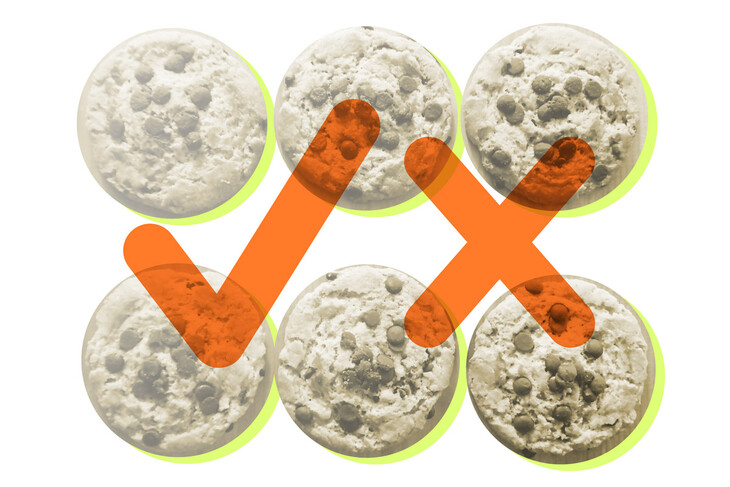Cookieless and perceived personal privacy

+45
Internet users surveyed 4 years regularly
The first study was conducted in 2021 (April 1, the mandatory "accept/reject cookies" consent window for websites collecting data) using a qualitative method based on triads of Internet users.
A total of 12 triads of 3 to 4 Internet users were formed, with each session lasting about 1h30 and taking place remotely. The 45 participants were grouped according to age and level of cookie acceptance.
This study was repeated every year for different actors involved in data protection (operators, associations, startups).
We were thus able to measure the real impact of cookies on the perception, use and expectations of consent windows and their impact on the understanding of issues related to data collection.
This has been changing for some years, but the pace of regulation is not the same as the pace of innovation. By the time they come into force, markets are already established and business models are at risk overnight.
At Twisting, we help our customers integrate these new constraints by listening to users and their interests - a best practice often requested by regulators.
Early results showed that users were tired and annoyed by consent windows that resulted in automated choices without nuance. Internet users wanted a smoother browsing experience and a better understanding of cookie-related issues.
Behind the acceptance is a latent concern about the future of their data and the ability to protect their confidentiality.
Those who accept the consents feel they have no way of protecting themselves.
After two years, the lassitude persisted, but the digital culture associated with data collection increased. Digital dangers such as cybercrime, fears of artificial intelligence, and the dominance of GAFAM were more talked about. Consent windows deprived them of a certain fluidity of navigation, but they better understood their interest in protecting their data
“ These windows are ejected fairly quickly, so we accept them very quickly. ”
“ In fact, what I understand is that there's a sort of moralization of navigation. It's not a wild world where you're thrown out to pasture, your identity, your personal data. ”
Keylearnings :
These various studies have enabled privacy and data market players to better defend their solutions to regulators and to innovate under severe constraints, while respecting the law, Internet users and their business model. They have been able to revise their technology in response to regulatory constraints, but above all by finding a more solid and differentiating lever of appropriation, integrating the user's vision.